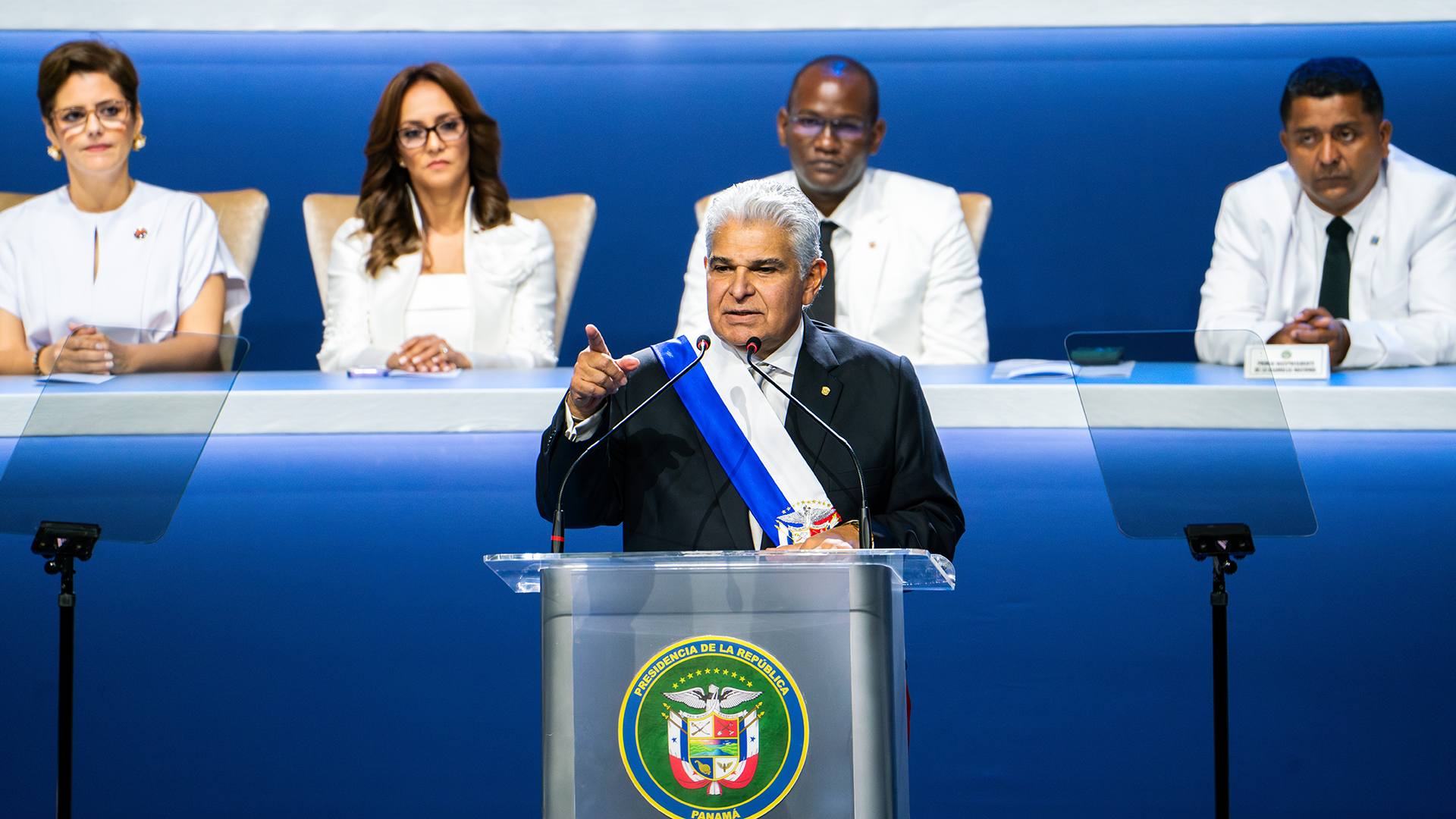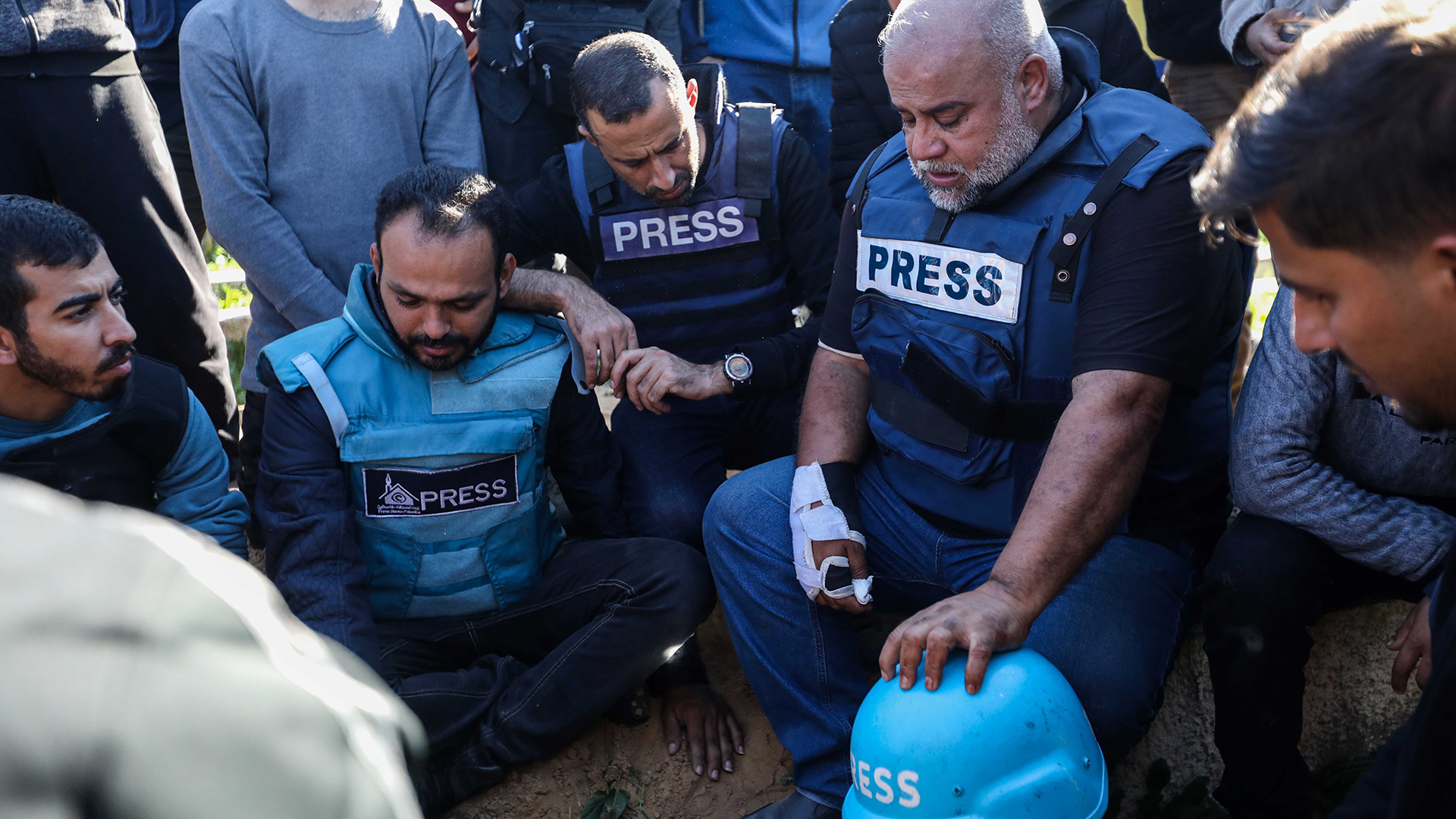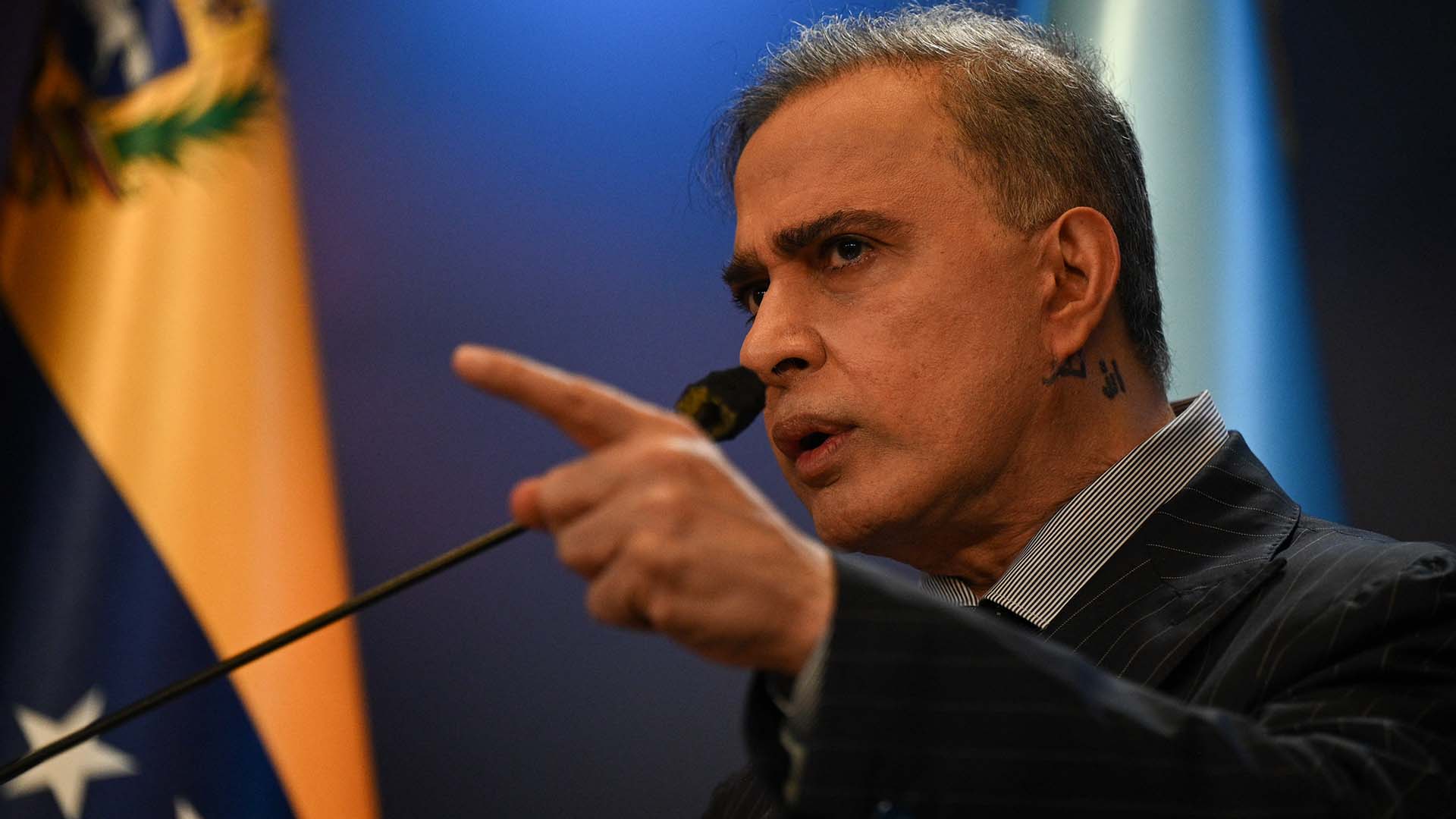‘We are just warming up our engines’: What’s next for investigative journalism in Latin America
GIJN surveyed dozens of investigative outlets in the region to ask them what defines Latin American investigative journalism, what its strengths are, and where it will go next.
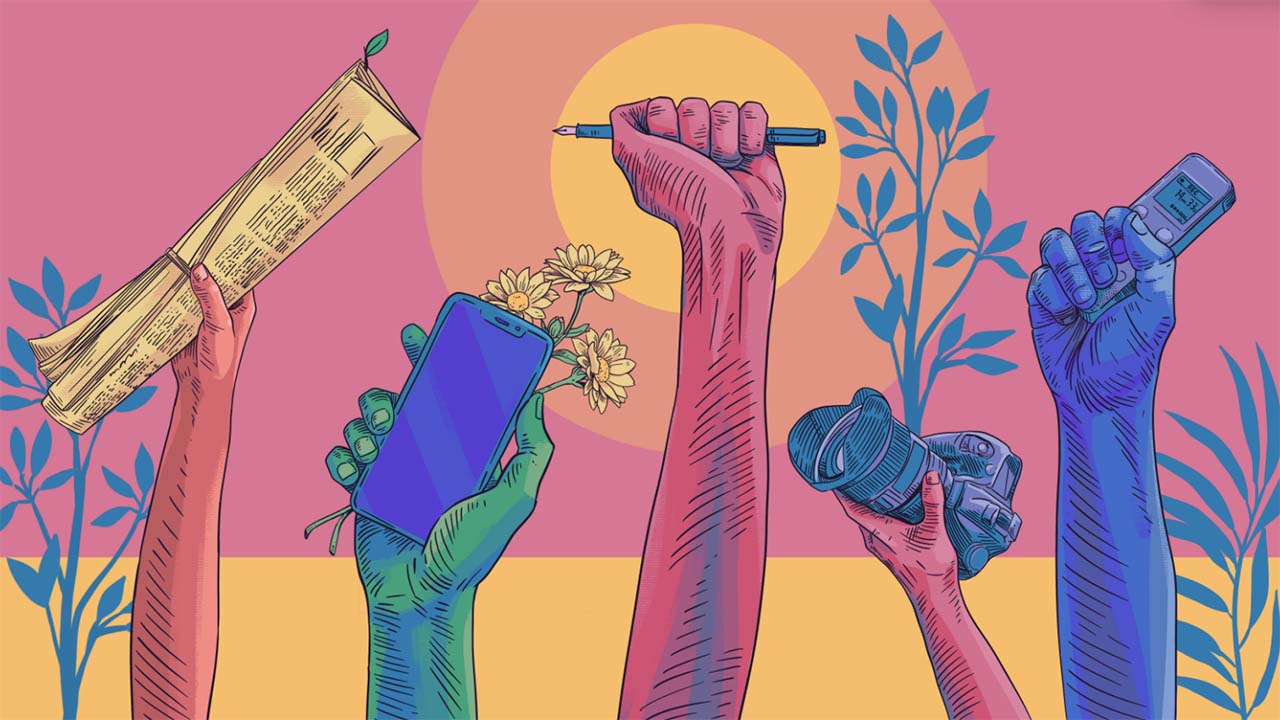
This article is part of a series by the Global Investigative Journalism Network called “LATAM Focus,” which tells the stories of reporters from Latin America, digging into the investigations that matter and detailing how outlets are creating innovative reporting projects amid the challenges specific to their locality. It is republished with permission. By Andrea Arzaba and Ana Beatriz Assam.
—
The investigative beat has never been an easy one in Latin America. From reporting under authoritarian regimes to confronting significant security risks in a region that faces the added challenge of impunity, and from the difficulties of reporting amidst persistent financial struggles to handling the backlash that comes with exposing acts of corruption — the circumstances facing reporters have long been challenging.
In Peru, for example, one of the country’s stalwart investigative reporters, Gustavo Gorriti, is battling an intimidation campaign that he says has been brought in retaliation for his outlet’s relentless investigations on the Odebrecht corruption story. In Guatemala, veteran reporter and editor of El Periódico, José Rubén Zamora, has spent nearly two years locked in a cell for charges that press freedom groups say are politically motivated. At the end of last year, Brazilian journalist Schirlei Alves was sentenced to a year in prison and ordered to pay over US$80,000 for defamation after publishing a report on the humiliation suffered by a woman during the course of a rape trial. In Venezuela and Nicaragua, independent media outlets face censorship and many reporters work from exile. Mexico is one of the deadliest countries for journalists, with numerous murders or disappearances each year.
But in spite of these myriad challenges, for decades reporters across the region have been making their voices heard and shedding light on critical issues, with investigative projects that do what reporters here do best: revealing “the awful truths hidden by economic and political power,” as Camilo Amaya, the executive director of the Colombian association Consejo de Redacción, puts it.
Some examples of the vibrant and diverse projects that have been produced recently include: Quinto Elemento Lab’s exposé on how Mexico’s missing person’s crisis challenges official narratives; El Surtidor’s innovative approach to investigative journalism in Paraguay, which has seen the team exposing the impact of the climate crisis on workers’ health; a documentary Armando.info co-produced with PBS Frontline about a corruption scandal affecting both Venezuela and the US; an investigation by Repórter Brasil that followed the supply chain that links cattle raising to deforestation in the Brazilian Amazon and which won the outlet’s executive secretary, Marcel Gomes, the Goldman Prize; and the work of the Latin American Center of Investigative Journalism (CLIP) on the Digital Mercenaries project, which shines a light on the dark world of political consultants and their role in disinformation campaigns.
At COLPIN, the Latin American Conference of Investigative Journalism, three investigations were given the Javier Valdez award, including a forensic analysis of violence by the security forces in Peru by IDL-Reporteros, an investigation into how gangs have infiltrated Venezuelan prisons by Runrun.es and Connectas, and an investigation into the death of Indigenous Yanomami children in Brazil by Sumaúma.

The Global Investigative Journalism Network surveyed 25 of its active member organizations in Latin America to ask them what defines Latin American investigative journalism, what its strengths are, and where it will go next.
What makes investigative reporting in Latin America unique?
Editors and reporters told us investigative journalism in Latin America is driven by a commitment to truth, accountability, and the pursuit of justice, but that collaboration is also at the heart of the work.
For Armando.info — some of whose reporters were forced to leave Venezuela, but who continue to report from exile — the things that define investigative reporting across the continent are, in the words of co-director Ewald Scharfenberg, “courage, bravery, and perseverance.”
Teresa Mioli, at the LatAm Journalism Review at the Knight Center for Journalism in the Americas, says the very challenges facing reporters in the region have given Latin American investigative reporting its defining features.
“Where there is corruption and abuse, Latin American investigative journalists have responded,” Mioli points out. “When publications have been taken over by the government, websites blocked within countries, journalists killed and attacked or journalism otherwise repressed, independent voices have responded in the region with investigative journalism to discover who is trying to keep them quiet and prevent the truth from coming out. In that way, repression has actually strengthened investigative practices.”
She gives, as an example, the Miroslava Project in Mexico or the Tim Lopes Program from Abraji in Brazil, both of which “emerged in response to colleagues being killed.”
Jazmín Acuña, from Paraguay’s El Surtidor, agrees: “I have seen the best investigative journalism develop despite the siege of political power in contexts of media capture and the concentration of economic power; journalists and media that see influence operations against them that respond with more and better journalism; newsrooms that relocated but who from exile continue to tell the stories that others would prefer to keep hidden; and radical collaborations between media outlets from across the continent… in which we expose organized crime, tax havens, disinformers and mercenaries who seek to corrupt our already fragile democracies.”
Some of our members looked to the past to explain how history has shaped the kinds of journalism that have emerged across the continent, and the coping mechanisms of the reporters who train in certain environments.
Quinto Elemento Lab’s Alejandra Xanic, based in Mexico, said that the very battle to be able to tell the story helps investigative reporters strengthen their resolve — endowing them with a certain “stubbornness” to do investigations even when everything seems to be working against you.
“For a long time, we worked without having what in many other regions was considered a given: access to public information and entities making available enormous collections of data and documents. We knew how to work without access to judicial files, transparent legislative information, corporate information. Nothing was available for decades,” Xanic explains.
Others pointed to the political turbulence many countries have gone through as a defining feature, and something that has shaped the attitude of today’s reporting corps.
“The memory of dictatorships on the continent, such as the horror of the Condor plan, and the armed conflicts in Colombia and Central America in the last century, which cost the lives of thousands of people, gave a distinctive character to investigative journalism in Latin America,” El Surtidor’s Acuña explains. “Latin American journalists know that today we can tell a story, but we never take for granted that we will wake up with that freedom.”
That history is still fuelling investigative work today. In Brazil, with the 60th anniversary of the military coup this year, outlets such as Agência Pública have scrutinized the period in a series of reports, with special emphasis on the companies and organizations that are accused of being “accomplices” of the dictatorship.

Collaborating with partners — and across borders
Collaboration seems to have come relatively easily to Latin America – where it has been used as a tool to broaden investigations, build connections, and tackle issues like corruption that are not restricted to any one country. Huge investigative collaborations into cases like Lava Jato, or Operation Car Wash — which explored a sprawling web of corruption centered on Brazilian companies — crossed several borders. Last year, one of the biggest cross-border collaborative projects was NarcoFiles.
“We realized that transnational issues could not be covered by solo reporters or by national media outlets, so alliances were a natural response to enhance our scope,” says CLIP’s Jose Luis Peñarredonda.
Xanic says reporters in the region know how to collaborate: “The lack of resources has made it happen very naturally, especially among local media, nonprofit organizations, and small independent digital media.”
In Brazil, an international collaborative investigation involving more than 50 journalists from 10 countries was convened to investigate the relationships between local government and the individuals suspected of murdering British journalist Dom Phillips and the Indigenous activist Bruno Pereira in the Amazon region in 2022. “We reported in the Amazon, at the crime scene, and brought the voices of Indigenous people who have been suffering the oppression that Dom and Bruno would denounce,” says Tatiana Farah, the communications manager of Brazil’s Abraji.
At Mexico’s Periodistas de a Pie, the team is grateful for the “legacy of outstanding journalists who knew how to build collaborative knowledge.” In Peru, Adriana León, from Instituto Prensa y Sociedad (IPYS), credits international meet-ups like COLPIN, the investigative journalism conference for reporters in Latin America, with fueling collaborative work between journalists from different countries.
“At conferences, webinars, and small gatherings, journalists in the region have pointed to the importance of collaboration that crosses borders and oceans,” concurs Mioli. “Big investigative topics in Latin America – government corruption, financial crimes, environmental destruction – are not relegated to a single country or region.”
Key concerns: Legal attacks, security, and financial woes
The challenges facing outlets in the region are numerous, but many of our members sounded the alarm about the same risks: several mentioned financial sustainability and judicial harassment.
At Colombia’s Consejo de Redacción, the team also pointed to the general threats and violence that many reporters of the region must regularly confront when going about their work. Colleagues in Mexico point to the threat from the expansion of organized crime.
“Investigative journalism in Latin America is risky,” says León from IPYS. “Attacks against journalists — threats, murders, judicial harassment, among others — are one of the main problems faced by the press in the region.”
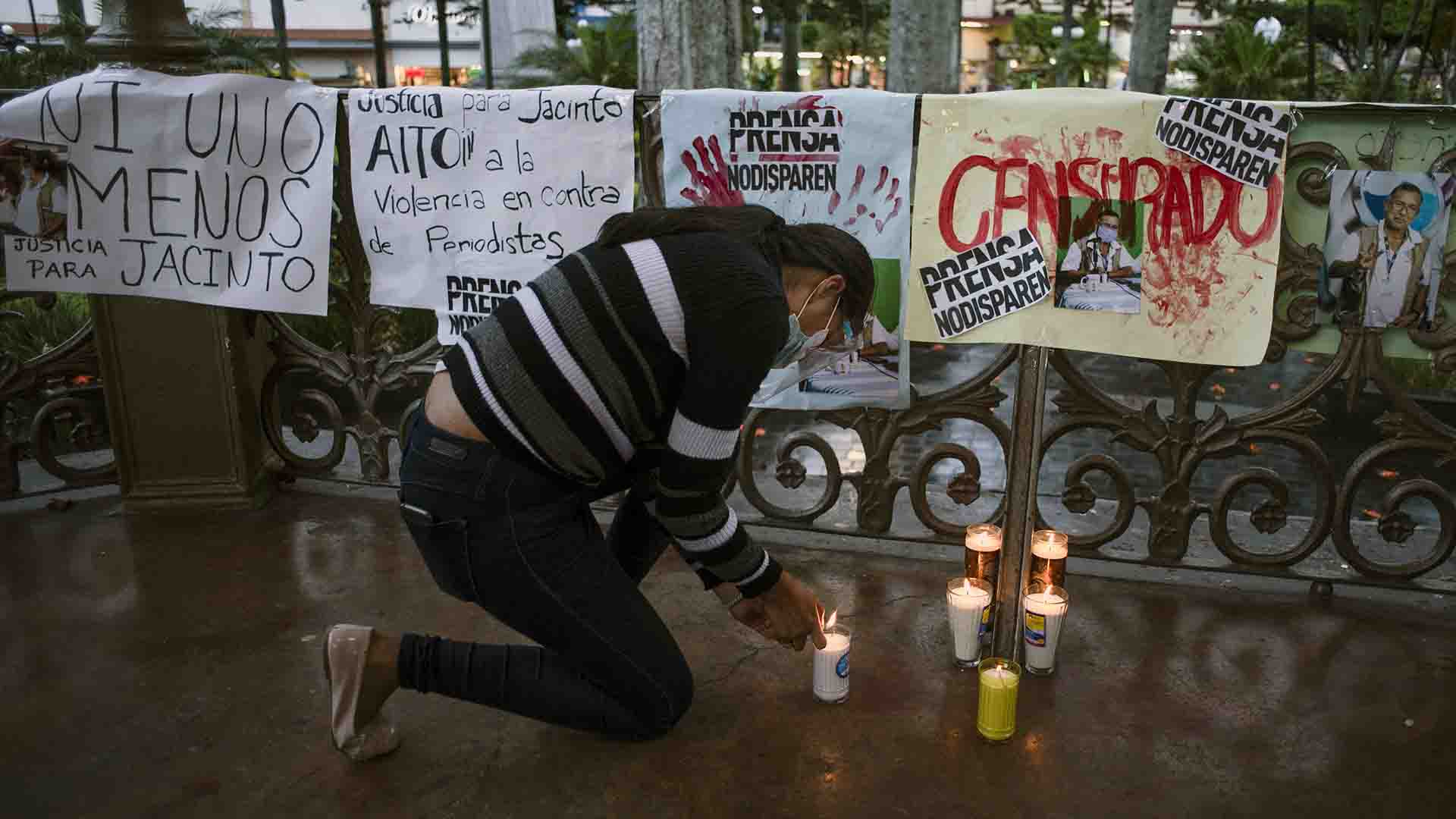
Legal cases brought by those in power remain a looming problem.
“Investigative journalism requires time, resources, and backing from media leaders for it to fully develop. If any of these things are scarce, reporters cannot do their job well,” says El Surtidor’s Acuña. “The second challenge is the instrumentalization of justice and the law to persecute and silence journalists, what is known as ‘lawfare’ in English. Those in power who are the subject of scrutiny by journalists mount cases for defamation, slander, and other legal cases without solid foundations, brought with the aim of censoring and punishing.”
Lastly, the teams at CLIP and Connectas point to a theme that comes out in one of our stories this week – a regression in terms of reporters’ ability to access information in many countries. “Another challenge that investigative reporters face is how to overcome opacity in the majority of Latin American countries,” says Carlos Huertas, the director of Connectas. “We see a general pattern of access to sources of information being shut down, especially official sources, which makes it very difficult to find stories that reveal structural problems.
Where will investigative reporting in the region go next?
According to organizations in the region, the future will bring more transnational investigative projects. This response is natural in a region where government corruption, financial crimes, and environmental destruction transcend borders and require a collective effort.
Scharfenberg from Armando.info envisions “a more profound and regular collaboration in transnational investigative projects,” while Mioli at LatAm Journalism Review sees a path in which there is even “more collaboration among colleagues in the Americas, but also with colleagues from Asia, Europe, Africa.”
At Periodistas de a Pie, the team see a future where local stories have significant regional impact – and where intense audience engagement and collaboration allow publications to have a more “intense connection” with audiences.
Others also expect investigative journalism in Latin America to continue to innovate by using new platforms and narratives to better connect with audiences, to engage more effectively with readers, and foster a deeper connection with the public.
“We think that investigative journalism has to find its place in the new media environment,” says Amaya at the Consejo de Redacción. “It also has to find ways to engage in more collaborative transnational enterprises when looming dangers threaten the whole region in terms of the environment, international dubious flows of money, and the spread of disinformation and misinformation.”
On technology and training, León from IPYS expects to see a greater professionalization that will allow reporters to continue investigating what the major powers want to hide. CLIP’s Peñarredonda foresees technology and AI tools marking a new era of tech-savvy investigative journalism that will help journalists hold powerful entities accountable.
“Investigative journalists are increasingly using and developing technology and AI tools to improve our productivity, take advantage of new sources of information, and to do our work in a secure way,” he explains. “As technology becomes an increasingly influential force in our societies, we will evolve our understanding of how it works, how it interplays with other powers, and what we can — and should — do to keep its creators, sellers, and peddlers accountable.”
A number are hopeful that the best is yet to come. Mexico’s Xanic says that reporters in the region “still have a lot to investigate together. We are just warming up our engines.” El Surtidor’s Acuña agrees: “I don’t know where it will go, but I can’t wait to see what it will bring us.”
